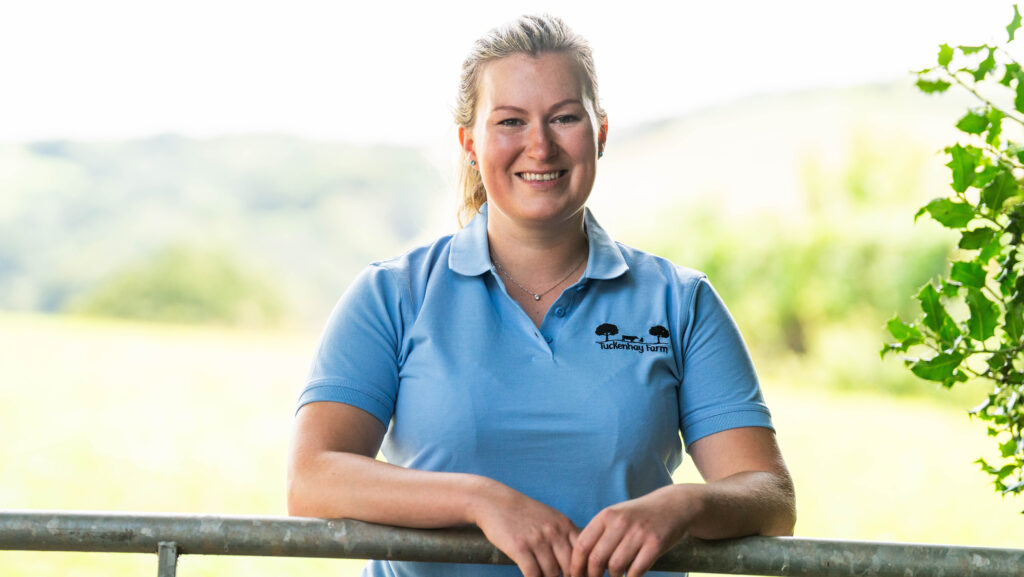Hannah Reddaway: Farming women don’t have to ‘prove themselves’
 Hannah Reddaway © Emily Fleur
Hannah Reddaway © Emily Fleur There’s a pervasive sentiment that women need to prove themselves more so than men to be taken seriously in agriculture.
The pressure to demonstrate competence is immense, and the fear of making mistakes can be petrifying.
This can make it difficult to ask for help, as there’s always the worry that seeking advice might be interpreted as a sign that one shouldn’t be doing the job.
See also: Local support goes a long way for farmers
I’ve felt this as a woman re-entering the world of agriculture, particularly as I’m establishing a sheep business when it was a dairy and beef farm on which I grew up.
This has been a significant leap for me, testing not only my farming skills but also my resilience in an industry that can be daunting for women.
Venturing into sheep required me to learn a new set of skills and knowledge, but one of the most daunting aspects has been proving myself when I often feel (whether founded or not) that my capabilities are scrutinised more closely because of my gender.
The reality, however, is that no one knows everything, so seeking guidance is crucial to growth and learning.
The dynamics of gender interactions can further complicate the situation.
Some men may hesitate to offer advice, concerned that their input might be perceived as “mansplaining” (and in all fairness, I have felt defensive at times due to the reasons mentioned above).
Such hesitation, while well-intentioned, can inadvertently lead to a lack of support and mentorship for women trying to navigate new enterprises.
The balance between offering help and respecting autonomy is delicate, so finding that middle ground is essential for fostering a more inclusive and supportive community.
Despite these challenges, the journey into sheep farming has provided an opportunity to break new ground, make my own mark on the farm, and challenge stereotypes within the agricultural sector.
By persevering and continuing to seek knowledge and build networks, women can thrive in any agricultural domain.
Embracing the learning curve and fostering open, respectful communication can pave the way for more women to confidently take on diverse roles, enriching the industry with their perspectives and expertise.


